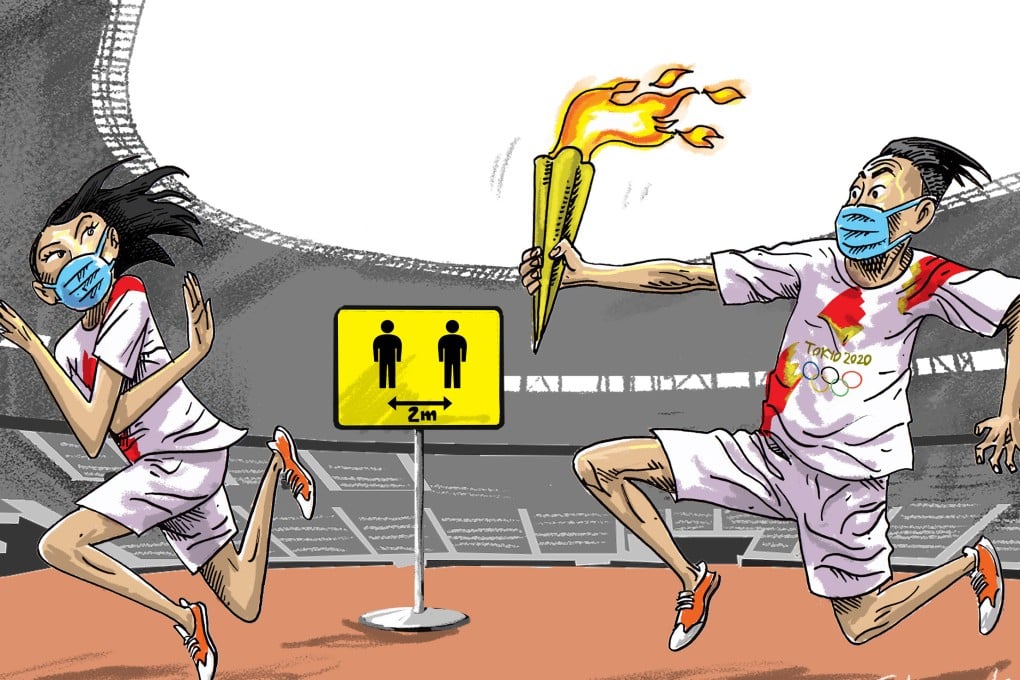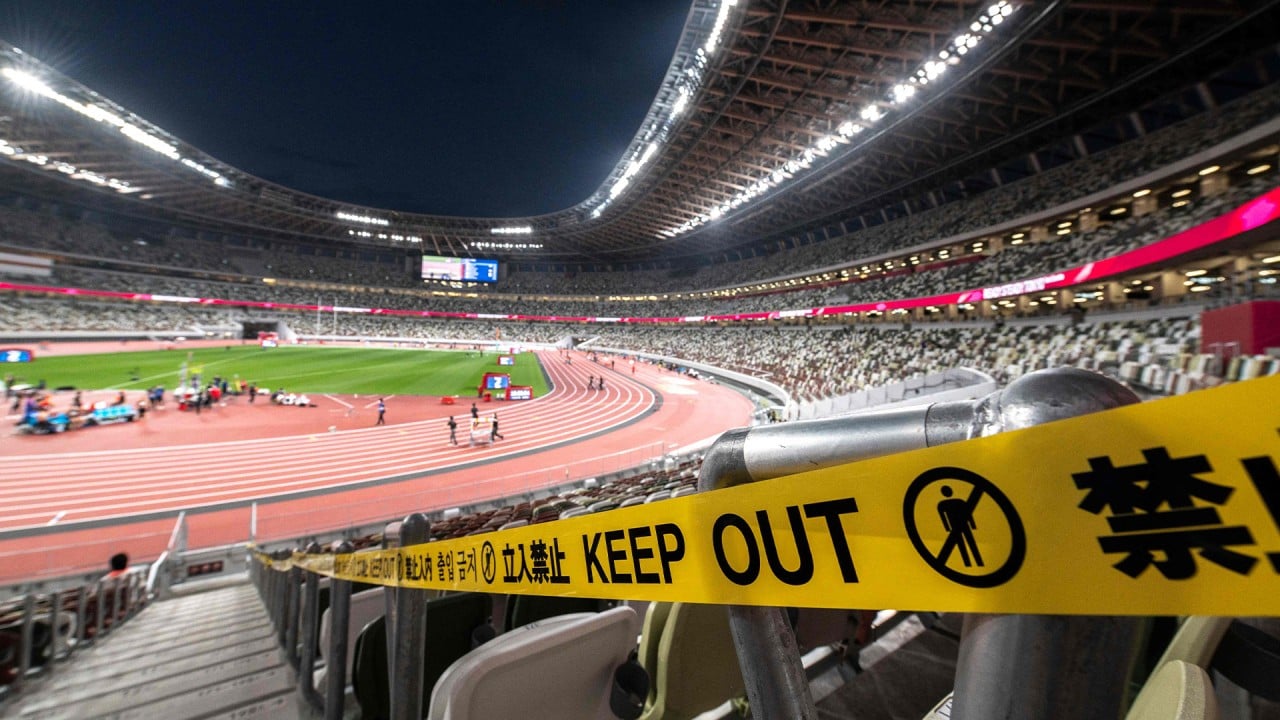Advertisement
Opinion | Tokyo 2020: Japan’s ‘recovery Games’ of little benefit to local residents
- TV sponsors, construction firms, the IOC and politicians are all poised to gain from holding the Games, but it is hard to see any positives for the people of Tokyo
- Recent polls showing opposition to the Olympics waning is more likely to be down to a sense of resignation rather than excitement or support for the government
Reading Time:4 minutes
Why you can trust SCMP
2

When Tokyo’s successful Olympic bid was announced in 2013, there was widespread domestic fanfare. A viewing party in one Tokyo city park attracted 2,000 excited revellers who celebrated the victory with live music and a fun run. The Games were billed as the “recovery Olympics”, a tonic in the aftermath of the triple disasters of 2011.
At that time, domestic commentators questioned whether the Games should go ahead in a country still affected by nuclear anxiety. Large swathes of Fukushima prefecture in the country’s northeast remained no-go areas. Investment in the Games would be better directed towards rebuilding shattered communities, it was argued.
Particularly within business and political circles, however, the Games were heralded as an unmissable opportunity. Preparation for the event would, it was felt, divert attention away from the disaster. A successful Olympics would showcase Japan’s resilience and signal a return to international prominence following two decades of economic stagnation.
The Tokyo bid won out over Istanbul and Madrid amid belief within the International Olympic Committee (IOC) that Japan, despite the disaster, was a safe pair of hands boasting more-than-adequate infrastructure to host the Games. Now, eight years on and a year later than planned, the misleadingly named 2020 Tokyo Olympics begin in earnest this week.
IOC President Thomas Bach has heralded Tokyo as the “best-ever prepared” host city. While there is little doubt Tokyo is well equipped to deliver an Olympic-sized event, despite the disruption caused by the Covid-19 pandemic, the decision to go ahead with the Games clearly comes at a cost to local residents.
Tokyo has entered its fourth state of emergency and the mood is understandably muted. There is only a mild sense of trepidation, more of the “wait and see” attitude that has characterised much of the past 18 months.
Advertisement


